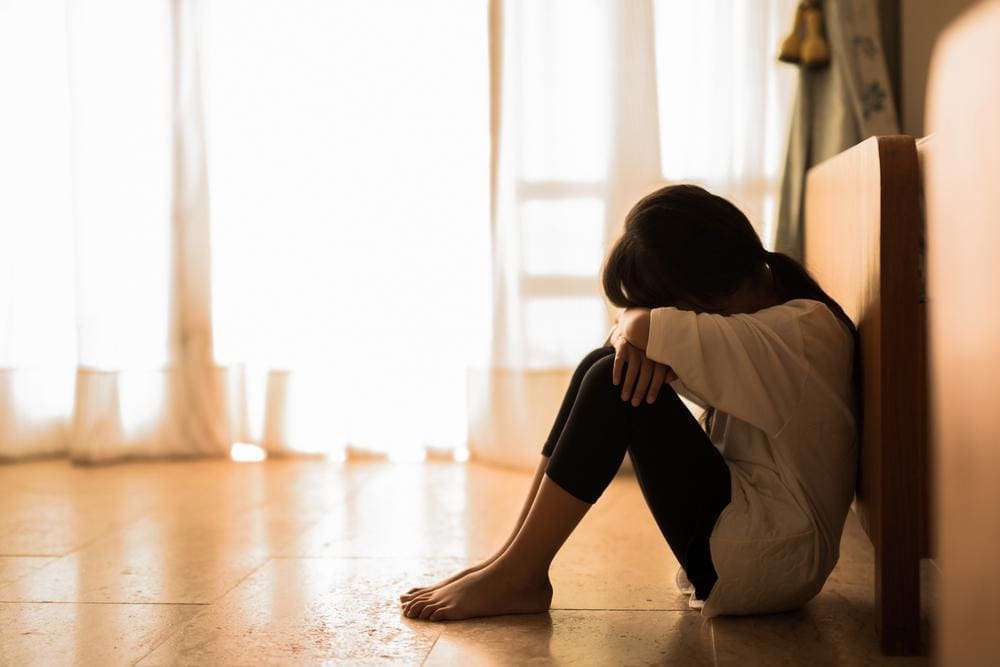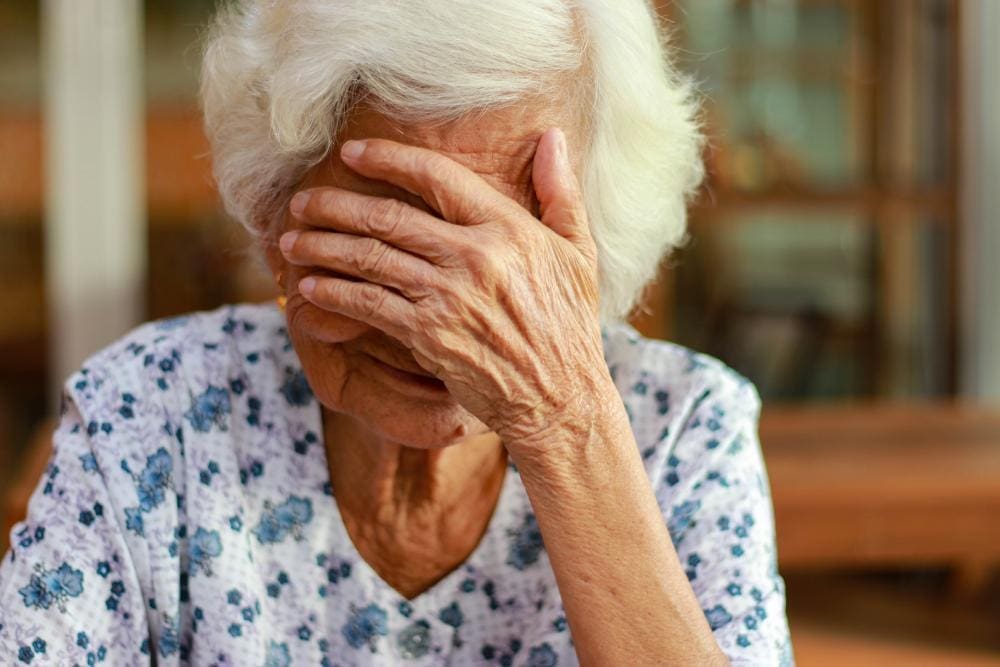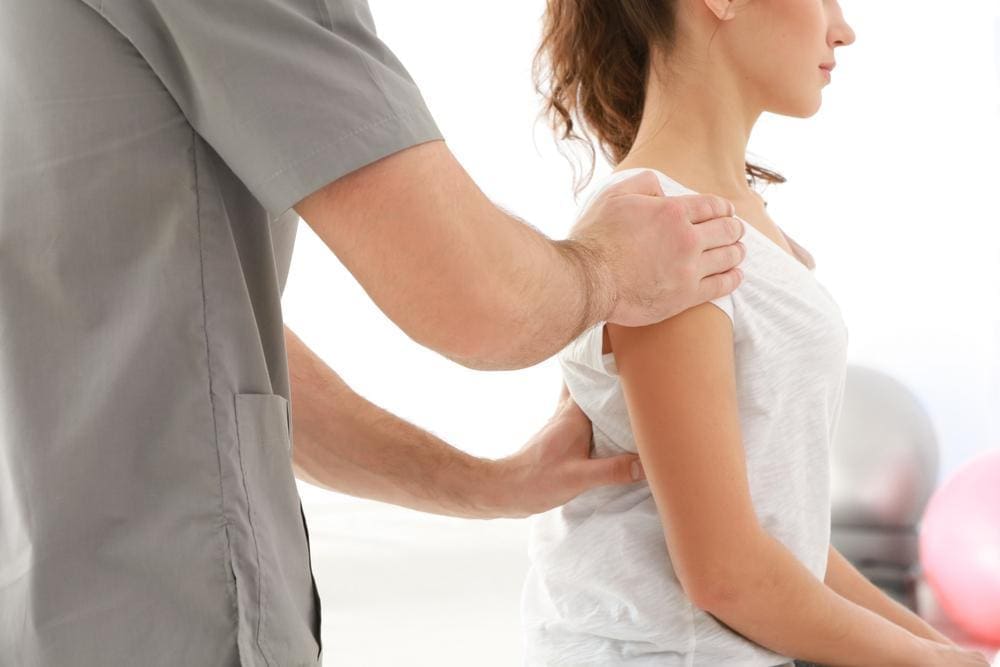
Chiropractic treatment can be essential to healing from the emotional and physical injuries of physical abuse. In addition to seeking various resources after abuse, consider working with a chiropractor to help you achieve optimal health.
Chiropractors, like all medical professionals, are responsible for reporting to authorities situations in which they believe someone is being harmed or could harm others. The trouble is it can be difficult to discern whether or not someone is experiencing abuse.
Chiropractors are in close contact with patients every day. They see their bodies and interact with them emotionally. This puts them in a position to more easily identify abuse, but that doesn’t mean it will be a simple process.
It’s also important to consider the various types of abuse. In most cases, a medical professional working with a child with numerous unexplainable injuries that aren’t aligned with usual childhood mishaps can surmise physical abuse might occur. But what about when you notice something unusual but no bruises or other physical marks?
Relationships are complicated. Many are abusive without ever including physical violence. Often, though, non-physical abuse still causes physical health problems. For this reason, many chiropractors have begun to ask every patient, “Is anyone harming you, threatening you, or otherwise hurting you?” This removes the burden of the chiropractor to identify symptoms of abuse (although they still might do so) and allows every patient to share their experience or ask for help. The question helps the patient identify the chiropractor as an ally. This can establish trust even with patients who aren’t experiencing abuse.
There might be no signs of physical abuse or obvious injury in adults. However, it helps to know the symptoms in case you encounter someone who needs assistance. Signs of abuse include:
Additionally, a patient attending their appointment with someone who appears to be dominating or speaking on behalf of the patient could also indicate abuse.
Many of the signs of physical abuse in children are the same as the signs of abuse in adults. For example, unexplained injuries are common among abused people of all ages.

Other signs of physical abuse in children include:
Signs of emotional abuse in both children and adults include:
These issues alone are not enough to diagnose abuse. For example, every chiropractic patient who cries isn’t being abused. However, multiple symptoms of abuse or only one symptom coupled with a domineering caregiver or signs of physical abuse could indicate a problem.
Abuse isn’t something that just happens, and people get over it. It causes long-term symptoms and can add to the cycle of abuse. People who were abused are more likely to abuse. This is true for both physical and emotional abuse.
The effects of physical abuse are direct and indirect and include:
The effects of emotional or mental abuse include:
Keep in mind there’s overlap in these symptoms, as well as in types of abuse. For example, someone being physically abused by their spouse could also be experiencing emotional abuse. Additionally, they’ll likely be anxious about whether the abuse is physical.

All kinds of abuse cause stress. Stress is one of the most damaging things to our health. The long-term impacts of stress include:
Chiropractic care can be a highly beneficial treatment option for patients experiencing domestic abuse (abuse inside their home or by a loved one).
To begin with, chiropractors must behave professionally regarding the abuse. Do not blame the victim. Document any injuries you see or suspect in the patient’s file. It might also be appropriate to take photographs if the patient permits. Record anything the patient tells you, whether verbally or in writing.
If the patient is open to speaking about their situation, tell them that abuse is illegal and that you can help them contact law enforcement authorities.
Perhaps the most critical general advice is to be empathetic. You might not have the same emotional reaction to abuse as the person being abused. But be understanding and respect the patient’s boundaries, and know that you might have a legal obligation to take action in some cases, especially with children.
Even if a chiropractor does not suspect any specific patient as being the victim of abuse, it’s a good idea to implement the following:
Many patients seeking chiropractic care may not be experiencing abuse in their present lives. However, they might have been victims of abuse. Often, these old injuries leave scars, both physical and emotional. Many struggle with PTSD.
Chiropractic care is highly beneficial for victims of childhood abuse, especially those with long-term PTSD symptoms. When the body is in alignment, it helps someone deal with emotional and physical health issues. The mind-body connection plays a vital role in healing. Chiropractic care strengthens the spine and helps the central nervous system work optimally. All of this creates the ideal environment for healing.

Chiropractic treatment is beneficial for those who experienced abuse because it’s so helpful for treating many of the outcomes of abuse. For example, chiropractic care can help ease the symptoms of:
Chiropractic care is a form of self-care and an excellent treatment option. In addition to the proven medical benefits, people experience emotional benefits from chiropractic services like spinal manipulation, massage therapy, or soft tissue therapy. It helps to spend time in a safe, stable environment doing something intended to improve your health—practices such as touch therapy and massage help to build trust and promote healing.

© Accident Care Chiropractic | Hablamos Español
Located in: North Portland, NE Portland, SE Portland, Gresham, Clackamas, Oregon City, Hillsboro, Bethany, Beaverton, Tigard, Forest Grove, Woodburn,
McMinnville, Keizer, Salem, South Salem, Bend, Springfield, Vancouver, Hazel Dell, East Vancouver, Pasco, Kennewick, Lakewood.
We Specialize in Car Accident Treatment & Recovery
Home | About Us | Testimonials | Blog | Sitemap | Privacy Policy | Services | Locations | Contact Us